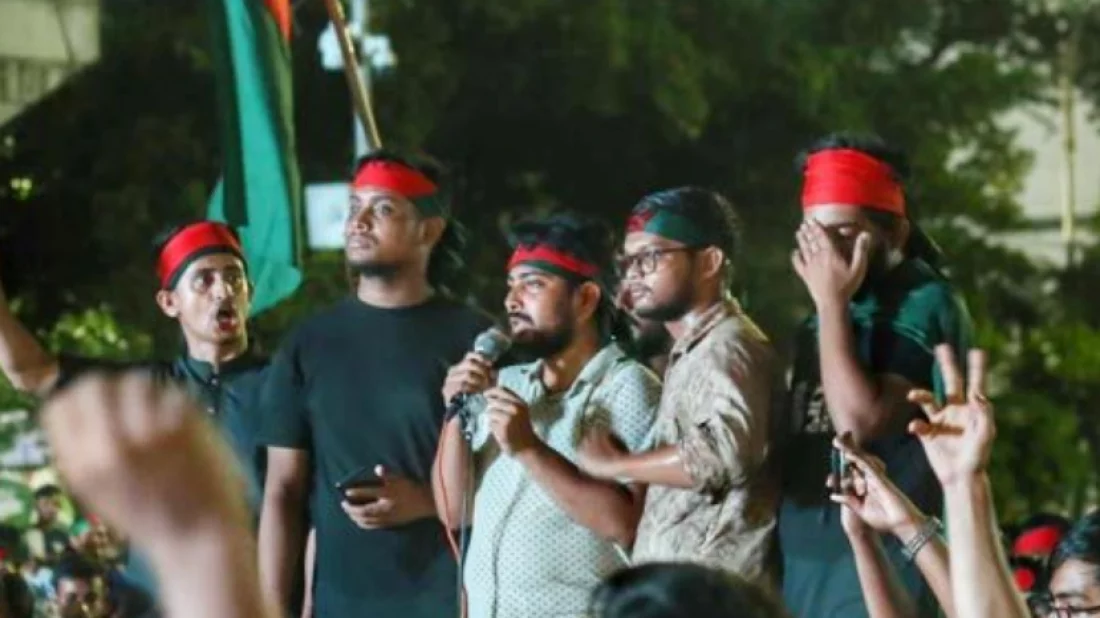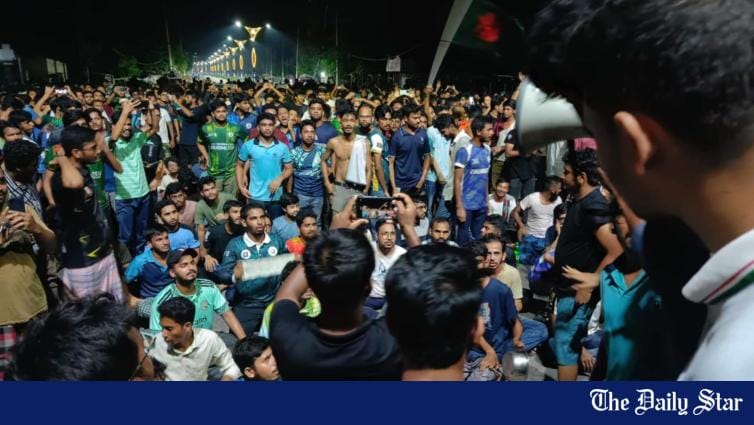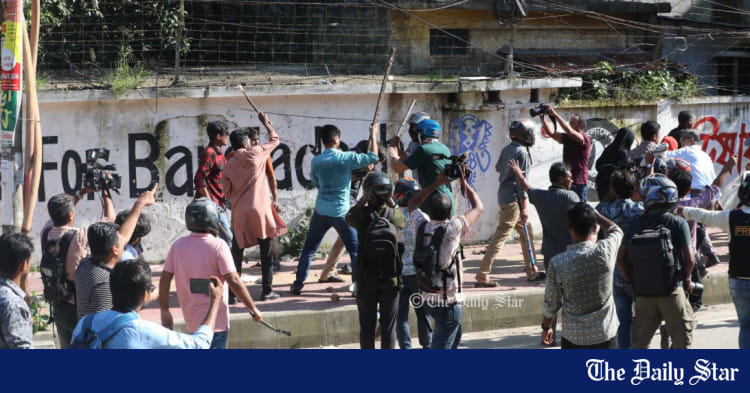- Copy to clipboard
- Moderator
- #1
- Messages
- 3,065
- Reaction score
- 1,537
Follow along with the video below to see how to install our site as a web app on your home screen.

Note: this_feature_currently_requires_accessing_site_using_safari









 www.newagebd.net
www.newagebd.net








Loading...